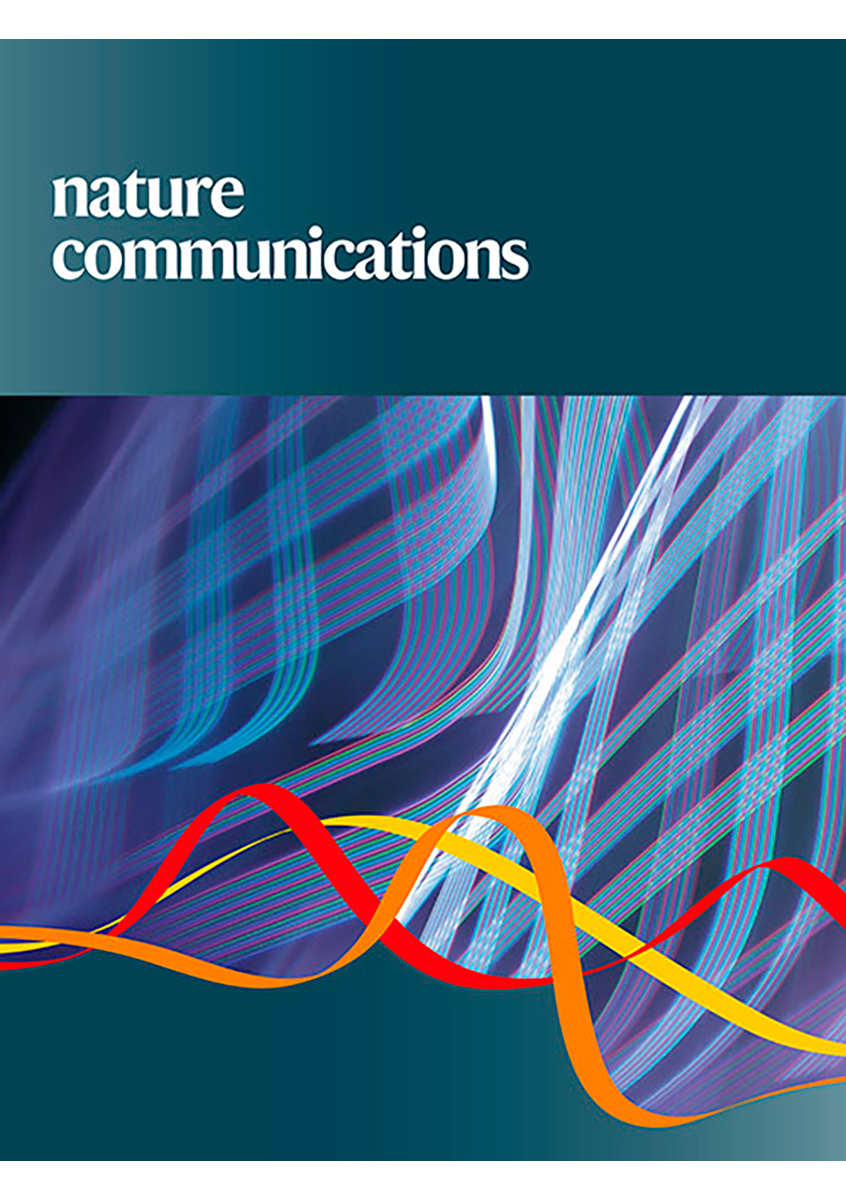SERS solves the problems of immune checkpoint therapy

Immune checkpoint therapy has completely changed the landscape of conventional cancer treatment. Despite this, patients who undergo immune checkpoint therapy face a high risk of immune-related adverse events (irAEs). Cytokines, tiny signaling proteins, are potential candidates to detect the presence of irAEs because of their essential role in influencing anti-cancer immune responses. Australian scientists designed a platform for sensitive and multiplex cytokine counting analysis and published their research in Nature Communications.
The narrow spectral peaks of SERS (~1–2 nm) make their nanopillar array chips perfect for multiplexed cytokine analysis. Figure 1 illustrates the scheme of the experiment. Antibody-conjugated pillars provide an excess of cytokine binding sites. Then SERS nanotags were applied to recognize the captured cytokines. SERS nanotags are gold-silver alloy nanoboxes onto which Raman reporters and target antibodies are conjugated. The confocal Raman mapping on the pillar array achieved the best possible clinical specificity by eliminating non-specific signals and providing a “yes/no” type counting approach for reproducible Raman signal readout. Scientists tested the proposed platform in simulated clinical samples before the assessment of irAE in patients with stage IV melanoma. This research demonstrates the potential role of cytokines as predictive markers for irAE monitoring in immune checkpoint therapy.
Figure 1. Workflow for multiplex counting of cytokines, including fibroblast growth factor 2 (FGF-2), granulocyte colony-stimulating factor (G-CSF), granulocyte-macrophage colony-stimulating factor (GM-CSF), and fractalkine (CX3CL1). Data from one independent experiment. Adopted from here.

